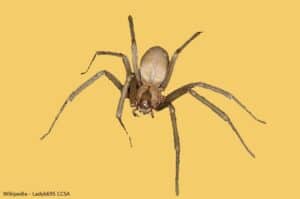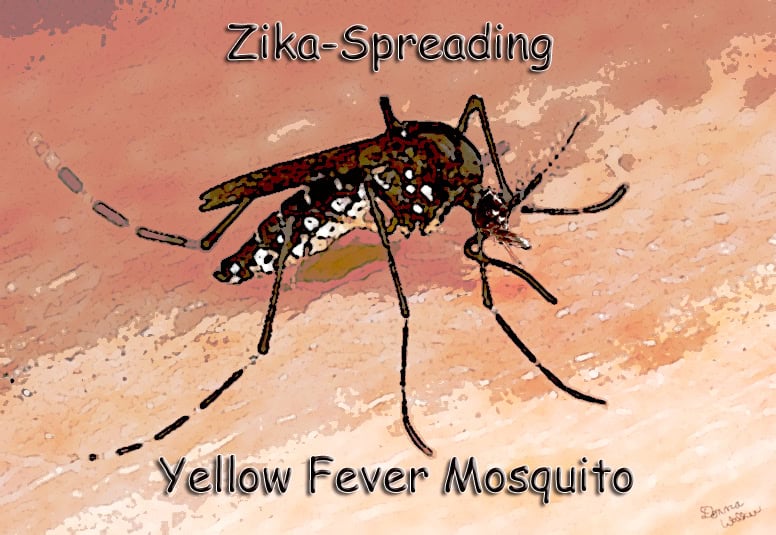
There are two mosquitoes that are known to carry the Zika virus, Yellow Fever Mosquito (Aedes aegypti) and the Asian Tiger Mosquito (Aedes albopictus).
Both have made their way into the U.S. via travelers, however, the Yellow Fever mosquito has been found all throughout the southern and western states
These mosquitoes look very much alike with the same white-banded legs but the dorsal is different. The Asian Tiger mosquito has a single white stripe on its dorsal and the Yellow Fever has a silvery dorsal.
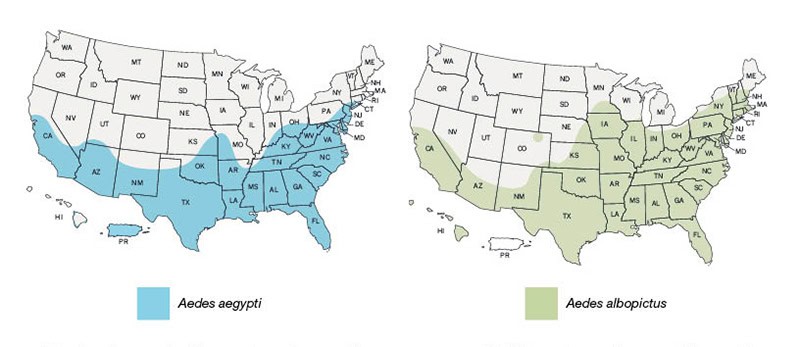
Zika Virus Symptoms and Consequences
One out of four individuals don’t even know they have Zika. These mosquitoes bite during the night and daytime. Zika can be spread sexually and from mother to child.
While Zika isn’t fatal, there is no cure to date and the virus can cause birth defects in unborn children. Travel is the main factor of transmission.
Here are some of the symptoms of but a blood test is needed to actually confirm diagnosis of the virus:
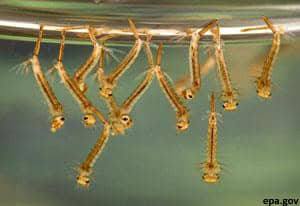
- Fever
- Rash
- Headache
- Conjunctivitis (red eyes)
- Joint pain
- Muscle pain
- Pain behind the eyes
- Vomiting
Mosquito Control with Hearts Pest Management
The first step in mosquito control is an inspection of your yard to determine possible sources of where mosquitoes might be laying their eggs.

Your Hearts’ service professional may then recommend an ongoing service by placing mosquito-attracting traps in strategic areas of your property.
Hearts’ Mosquito Inspections are Free-of-Charge!
These traps are pet-friendly, eliminate mosquitoes including ones that carry the Zika virus, provide 24 hour protection, and do not target plants or beneficial insects such as bees and butterflies.
Zika Mosquito Identification and Prevention
Controlling irrigation water in landscaped areas and avoiding excess runoff is an important mosquito control method.
Some of the areas around your property that attracts mosquitoes can be managed. For instance, if you have a swimming pool, make sure there isn’t any standing water on the cover.
Change water in bird baths once a week, put fish in artificial ponds, they’ll eat mosquitoes, clean rain gutters once a year, for empty storage containers – place upside down so standing water doesn’t develop. For more information visit our main page: Garden Pests.
Even small containers such as soda cans, glass jars, flower pot saucers, or tree holes can provide a habitat for mosquito development. Unlike the Yellow Fever Mosquito that lays eggs in stagnant water, the Asian Tiger Mosquito will lay her eggs in fresh water held by flowers such as tulips.
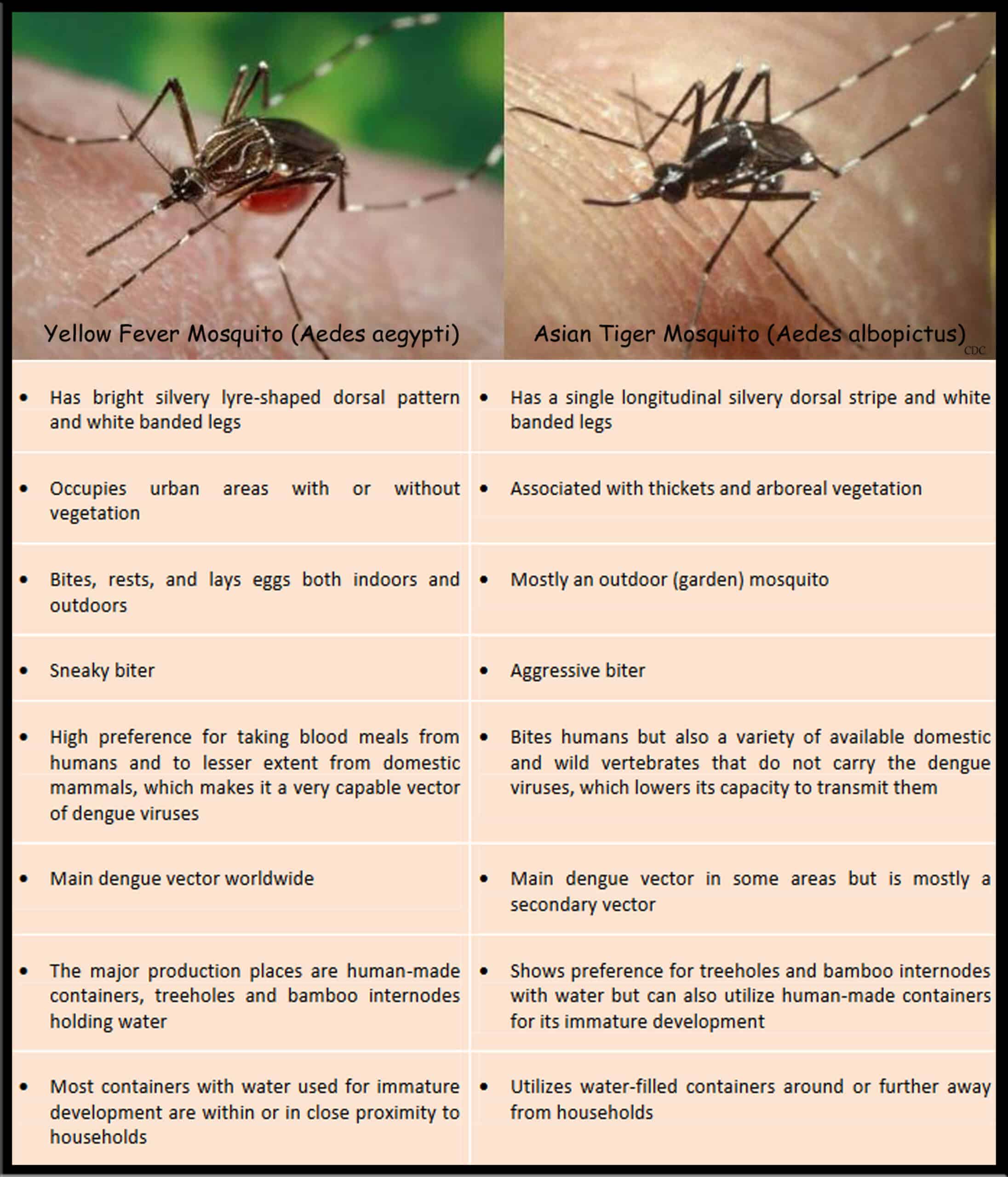
Using insecticide sprays for controlling adult mosquitoes has its’ limitations. It will work temporarily but preventative methods are the key to keeping them away for good.
The best time to treat is at the larva stage but first, an inspection of the property needs to be performed in order to find the source and provide treatment.
Sometimes it’s simply a flower pot that has standing water in it.
Your Hearts service professional will inspect and provide mosquito control as well as IPM (Integrated Pest Management) solutions for preventing further infestations.
Note: The bites you received after visiting a park or the beach, even a golf course, may not be mosquito bites at all but made by tiny black gnats.
Learn More about our Mosquito Control and Treatment Services.
Call today for more information on our organic pest control services at 800-986-1006. You’re also welcome to complete our contact form and a caring Hearts Pest Management representative will contact you shortly.


